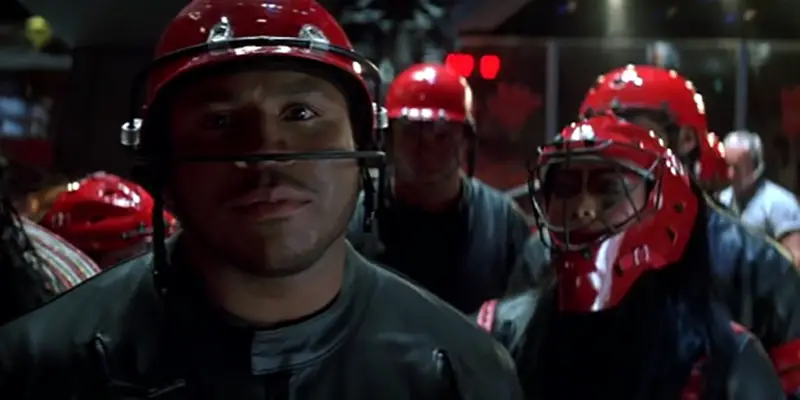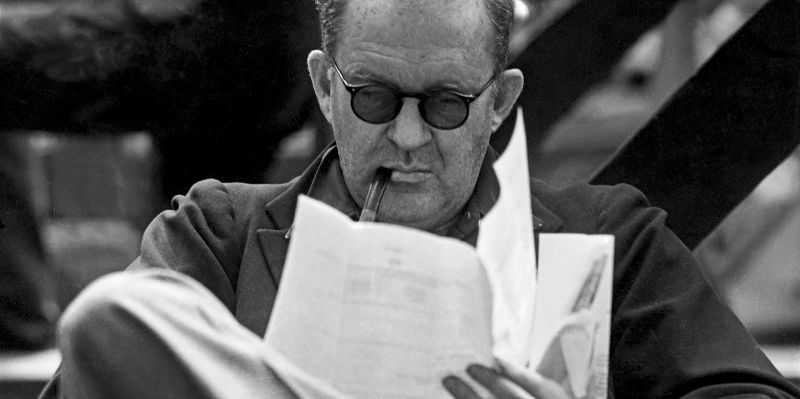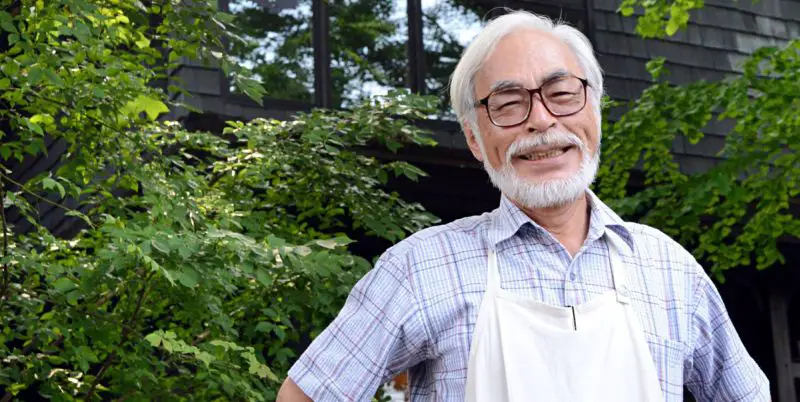director

It’s not often that you can say that someone is one of your favourite directors, but for a long time you didn’t even know their name or recognise that all the films you liked were theirs. Jeanie Finlay is a special case though, the documentarian who pushes you hard to look at the subject and never at themselves. Through her good working relationship with the BBC I and many of you in the UK have been watching her films without ever actually joining the dots and seeing that Finlay was the filmmaker behind them all.
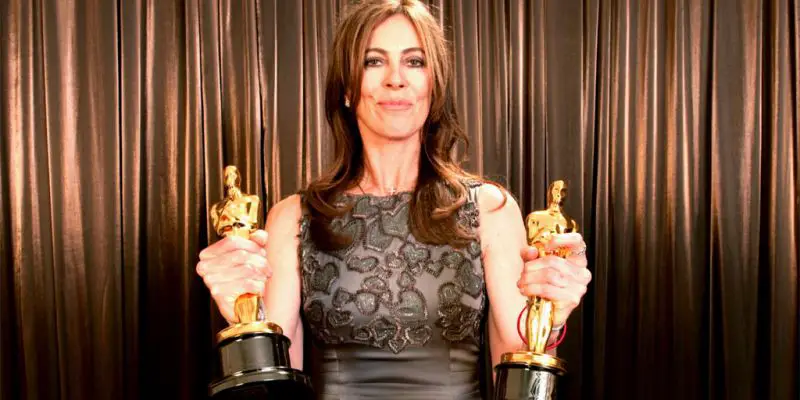
If people know one thing about Kathryn Bigelow, hopefully it is the fact that she became the first woman to win an Academy Award for directing The Hurt Locker. But the reality may be people know her because she directed Point Break or was married to director James Cameron. Most of her career, she has been pegged as a female action director, a label which diminished her influence and films.
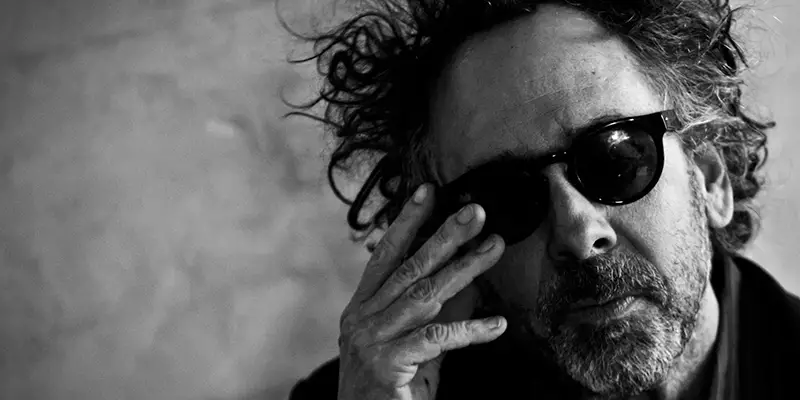
There are a number of directors that have distinguished their own unique imagination into Hollywood and reflected it on the big screen. Directors who are considered ‘auteurs’ have the creative ability to make feature films that are based on their own imagination, are part of their personalities, or which they find as a genuine interest. One such example is Tim Burton, the eccentric filmmaker who broke through as an animator and storyboard artist in the 1970s to progressively becoming one of cinema’s most recognised directors.

Delivering a much-needed scissor kick to action cinema, Gareth Evans is a director who already has had a major influence in mainstream action filmmaking. Born in Wales, he graduated from the University of South Wales with a Master of Arts in screenwriting. With this knowledge in tow, he directed the independently-budgeted kitchen sink-noir film Footsteps, which didn’t lead to much work.
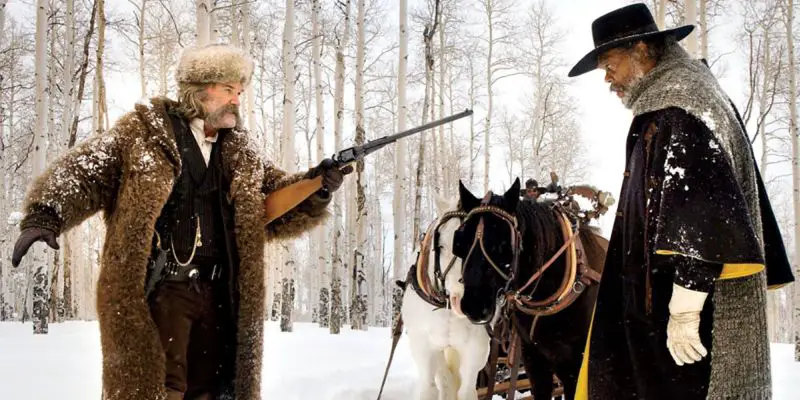
As 2015 comes to a close, the promises of 2016 in film leave excitement fizzling like the fireworks of New Year amongst Quentin Tarantino fans. We have been treated to an influx of releases ripe from the mind of the divisive director over the past few years, with Inglourious Basterds and Django Unchained providing much controversy and dividing many opinions, but it is The Hateful Eight that is now beginning to incite anticipation about its January release. But, as this excitement grows towards the end of Tarantino’s twenty-fourth year in the filmmaking business, the success he enjoys now has progressed in an initially unexpected way.
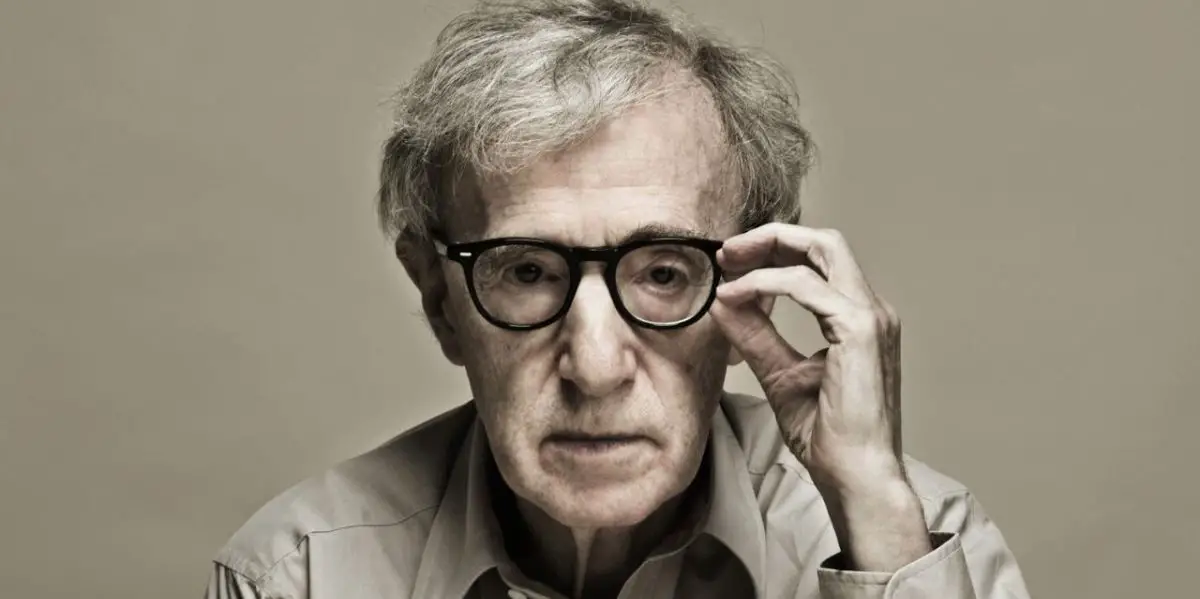
After bugging my colleagues with discussion on Woody Allen films maybe one time too many, it was suggested that I write his Beginner’s Guide. Surprisingly, the thought hadn’t occurred to me, but I’m very excited to present my guide for you here now. I’ve gone a slightly different approach than usual because of the sheer amount of films the man has made in his still-continuing career, so it’s broken up into segments rather than a few films you should watch to get you started.

Cady McClain is an award-winning daytime TV actress, but she has another side: as a director. She has completed two short award-winning films, Flip Fantasia and World of Albert Fuh, and the comedy web series Suzy F*cking Homemaker, and is currently in production on a new documentary about women directors called Seeing Is Believing:

Hanna Polak is a documentarian whose films have been screened the world over. It only took her two directorial efforts for her to be recognized by the Academy, as her memorable film Children of Leningradsky was nominated for Best Documentary Short in 2005. After spending some time as a director for hire, Polak is returning to the international documentary scene with an absolutely remarkable film over 14 years in the making, Something Better To Come (you can read my review here).
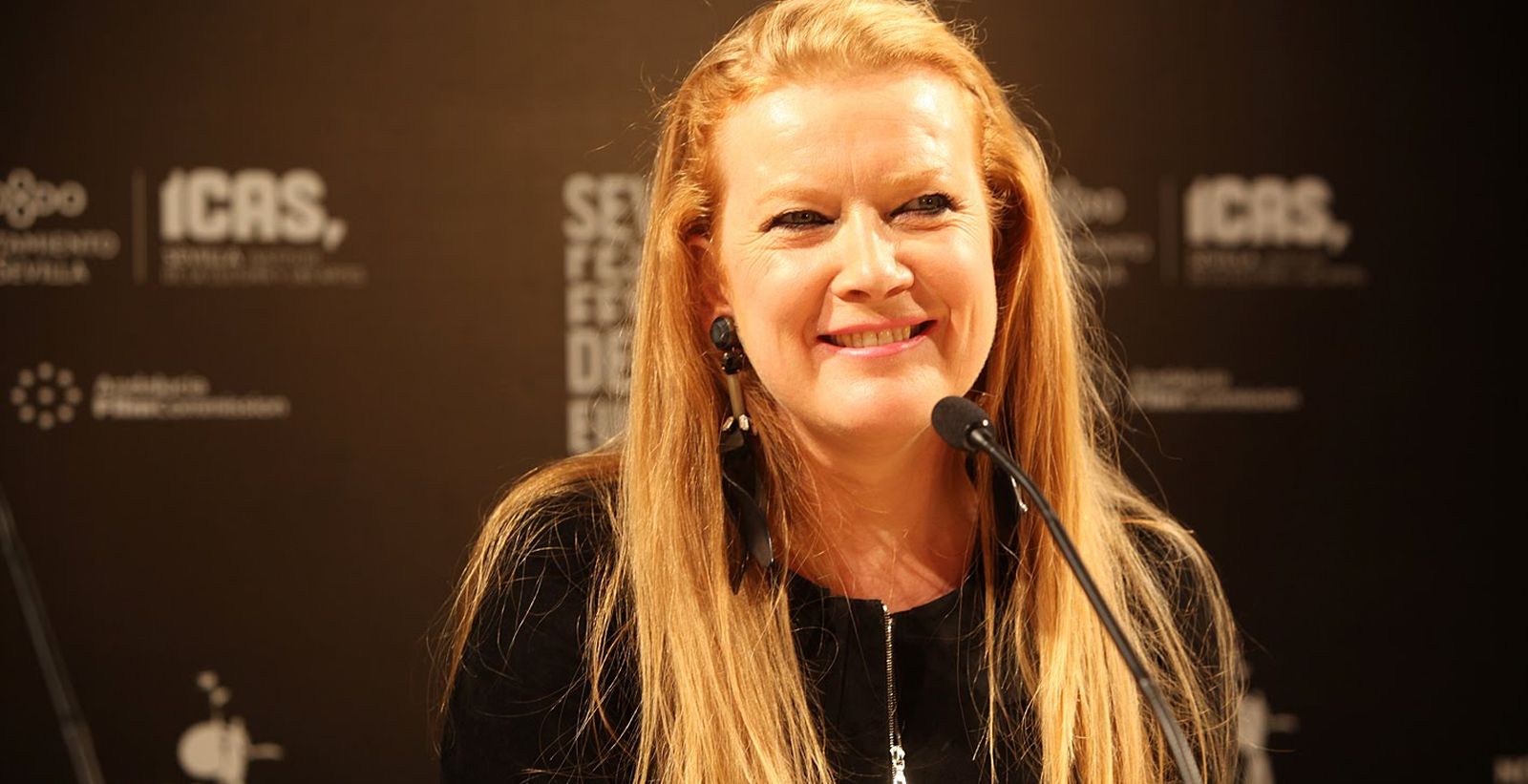
There aren’t many people who can claim that the woman they watched larking about on children’s morning television when they were a toddler also became of one of their favourite film directors as an adult. But that’s exactly what Andrea Arnold turned out to be, for me. For those of you who have never heard of her I can guarantee that you’ll be impressed.
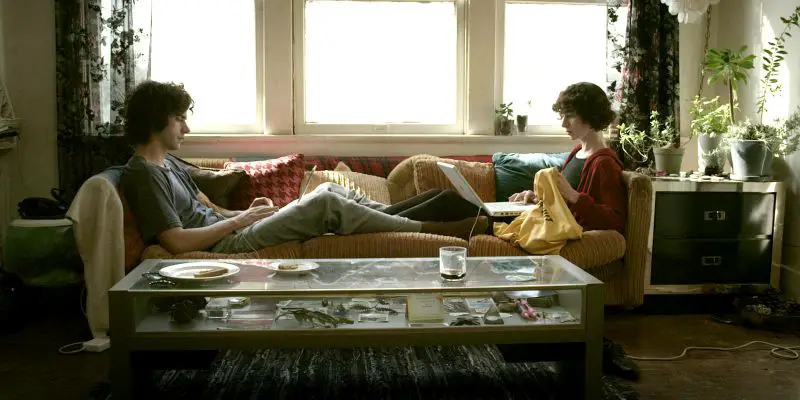
Over the course of history, Hollywood has given female filmmakers few chances to work on film projects. Fewer chances than their male cohorts, to be sure – no matter their experience or education. Male directors are hired invariably and without doubt, and they are featured and lauded in media frequently.
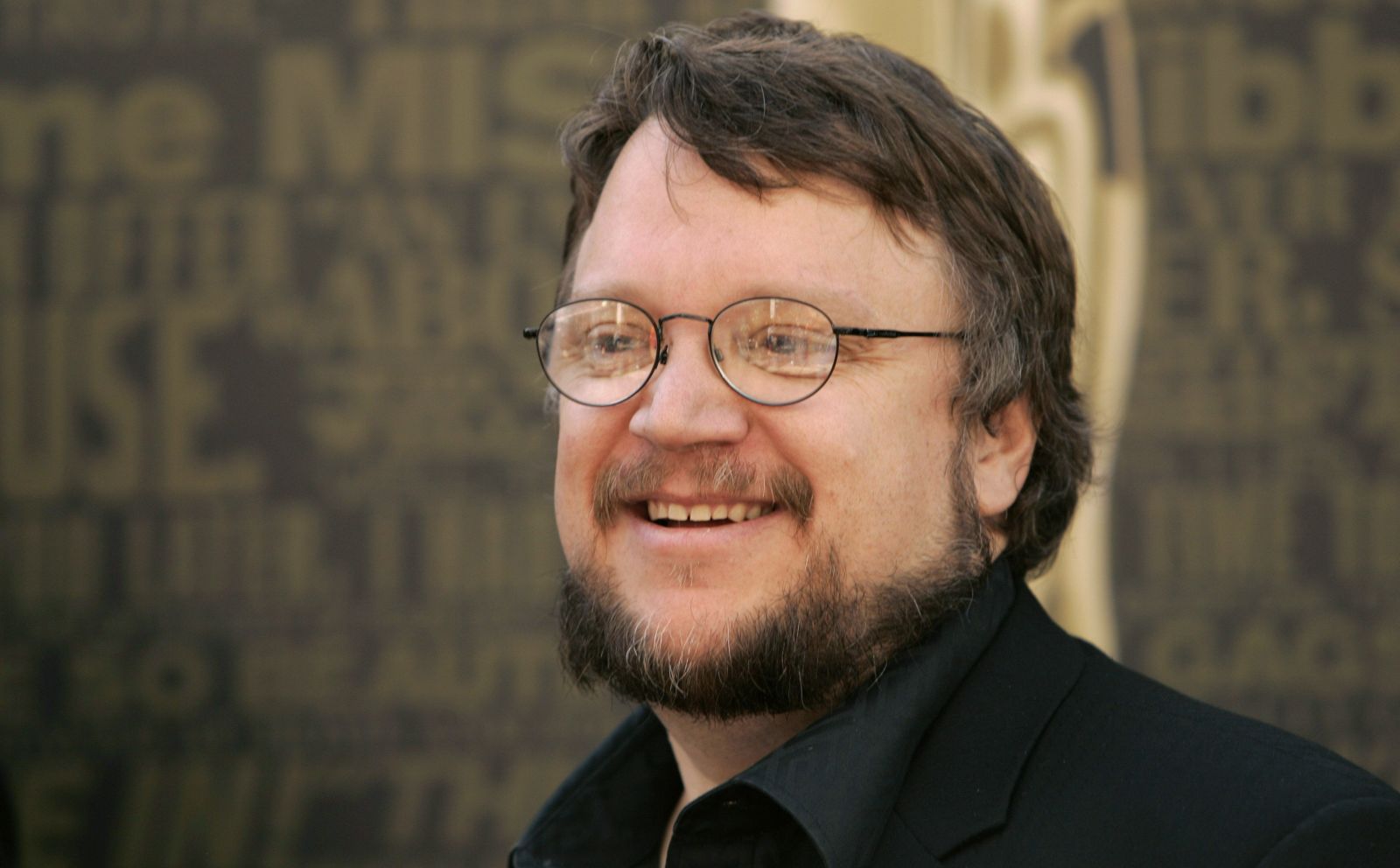
Near the conclusion of Hellboy II, we find the eponymous hero at death’s doorstep. Hellboy is laid at the feet of his personal Angel of Death, a shrouded, veiled monstrosity whose ragged wings are festooned with a series of enormous, amber eyes. Elizabeth Sherman, Hellboy’s partner, cradles his unconscious body in a pose reminiscent of the Pietà, an aesthetic emphasized by the magical spearpoint thrust into Hellboy’s side.

Editor’s Letter Essay of week 41 Since Film Inquiry’s inception it’s been our goal to promote diversity in film. Admittedly, I always think of diversity in film in the broadest sense for Film Inquiry: include and promote women, minorities, the LGBT community – and international and independent film, too.


